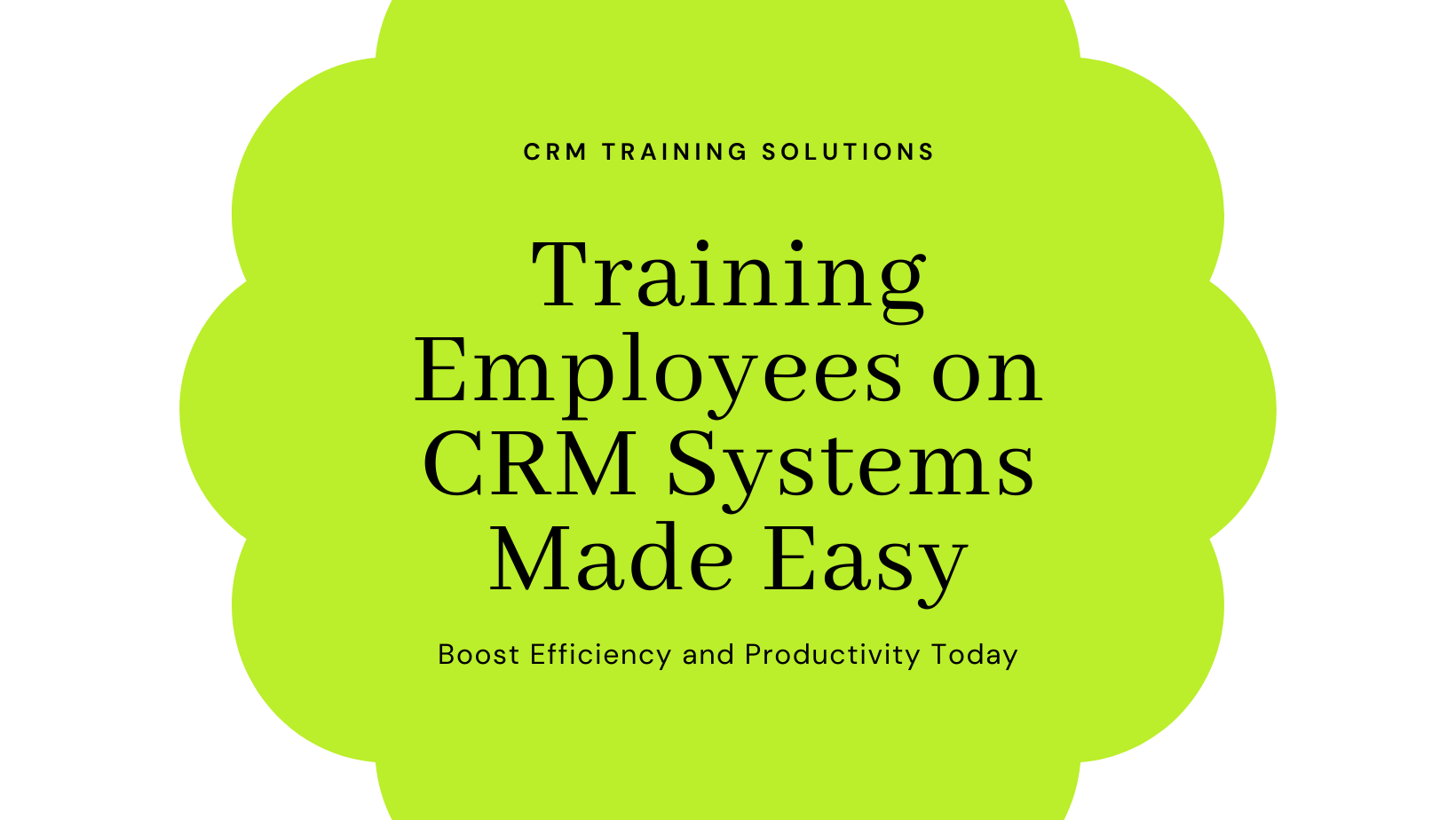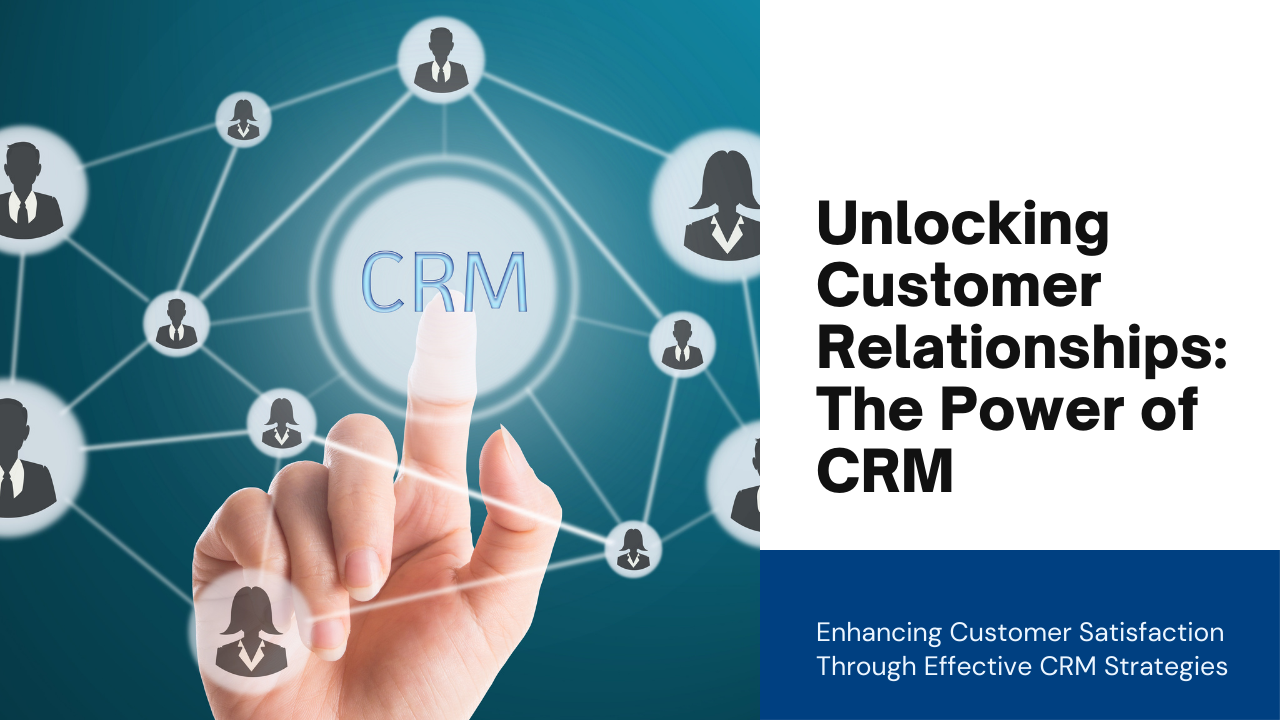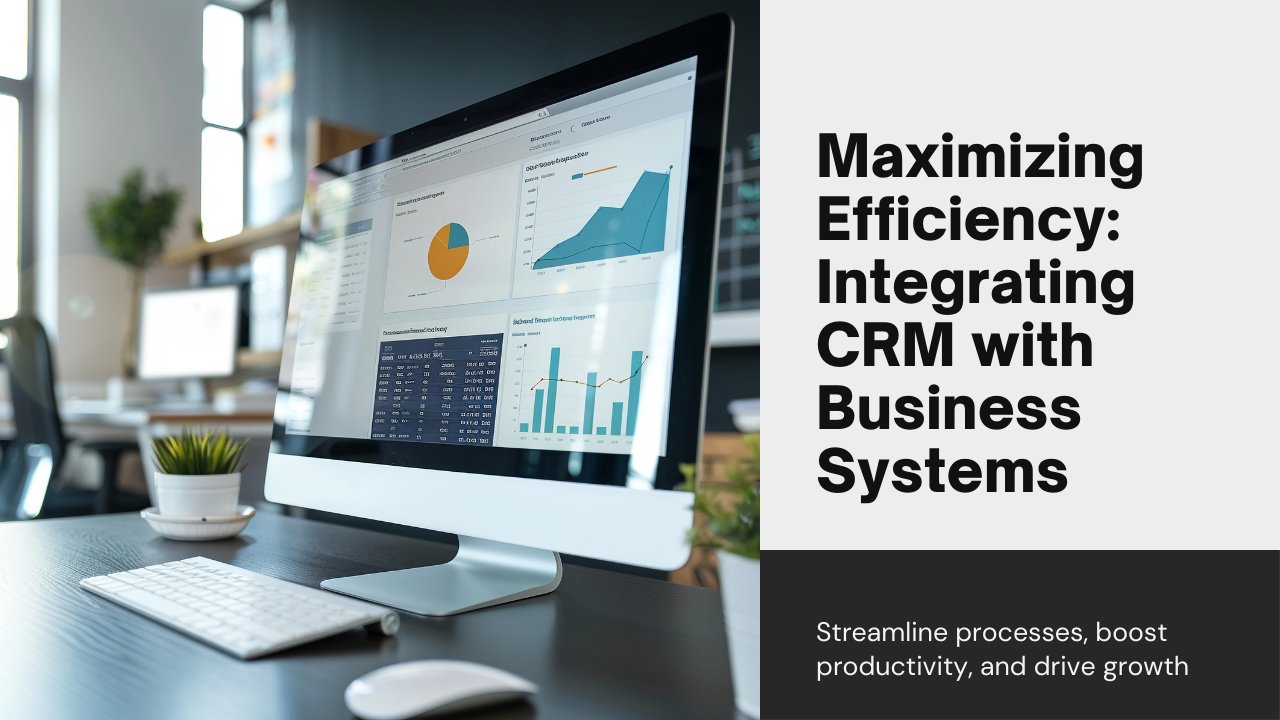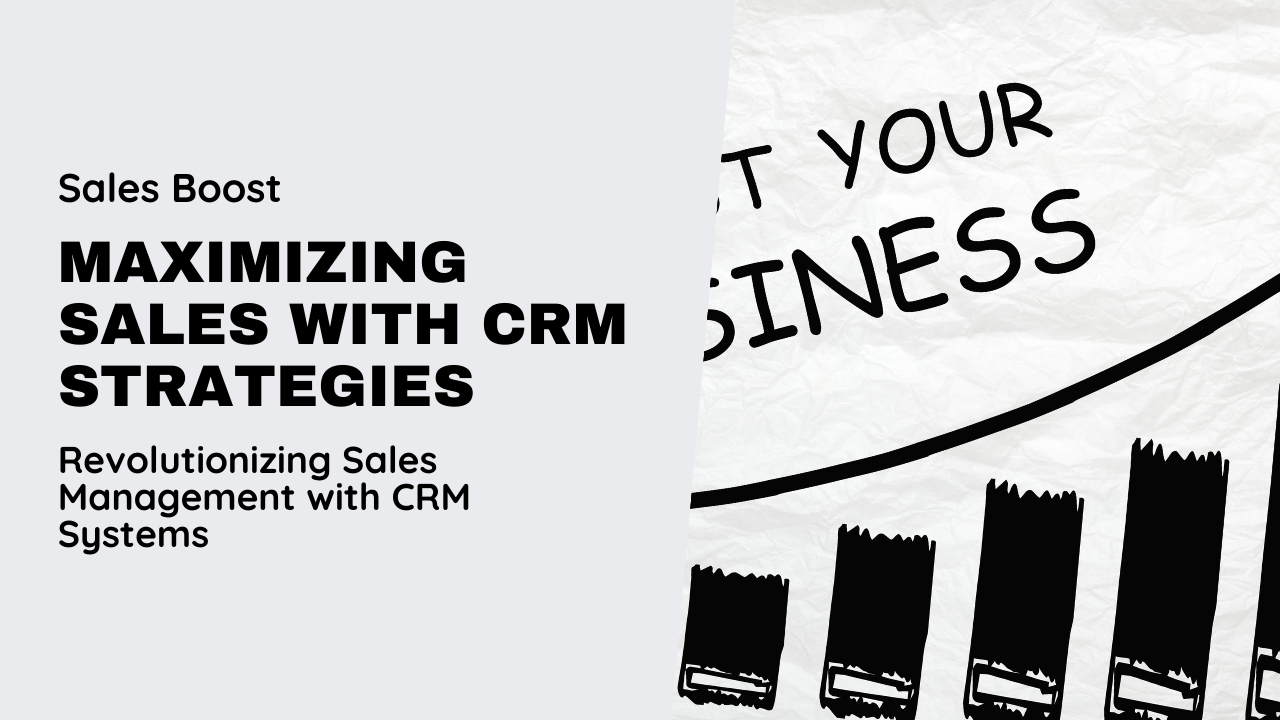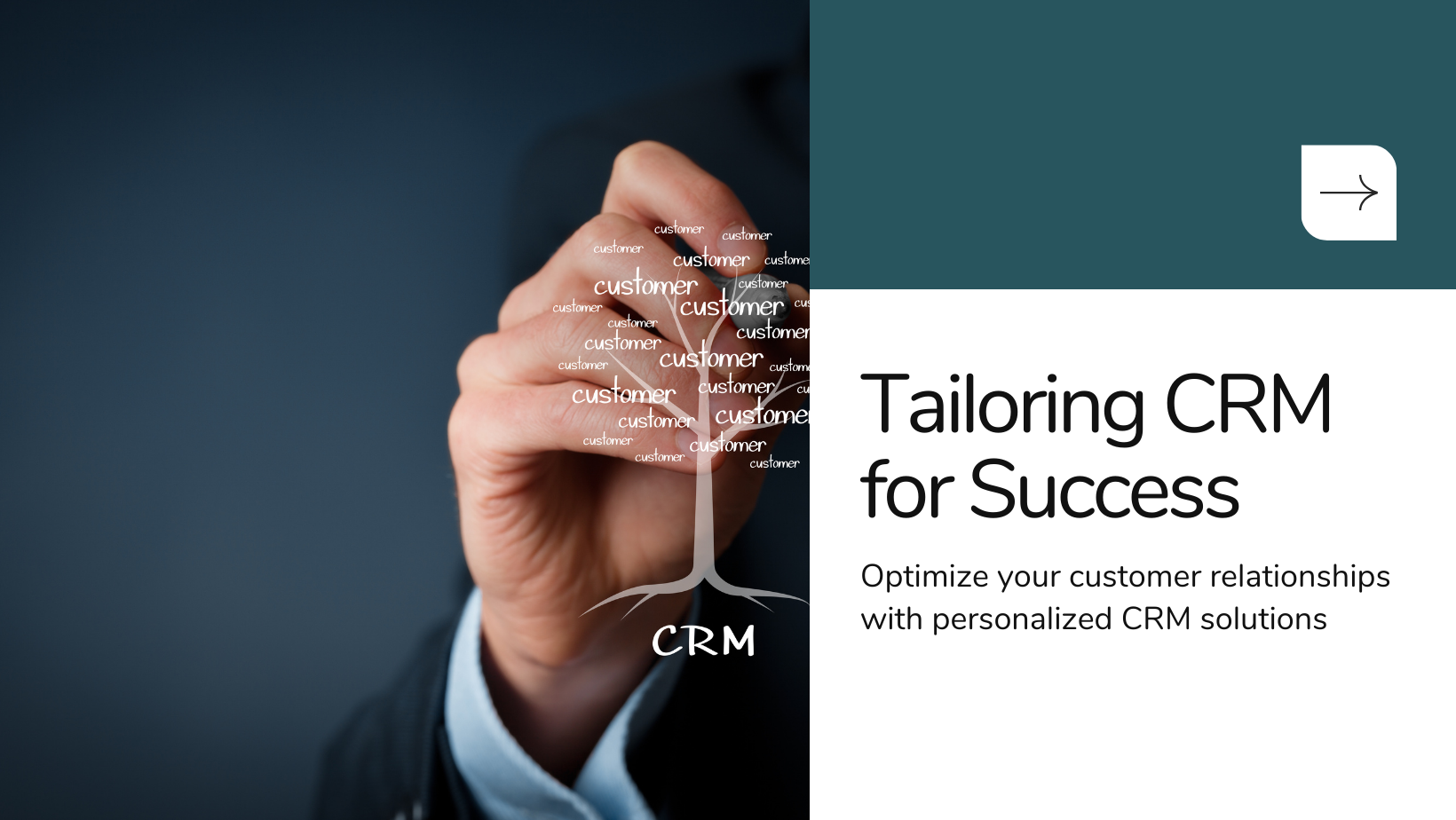In today’s competitive landscape, businesses are increasingly leveraging CRM systems to streamline operations, enhance customer relationships, and drive sustainable growth. CRM plays a pivotal role in improving business efficiency by optimizing processes, fostering collaboration, and maximizing customer engagement. This blog explores the transformative impact of CRM on business efficiency, highlighting its benefits, implementation strategies, and real-world examples of successful integration.
Understanding the Significance of CRM in Business Efficiency
1. Streamlining Customer Interactions
CRM systems centralize customer data, communication history, and interactions across various touchpoints—sales, marketing, and customer service. By consolidating information into a unified platform, businesses streamline workflows, eliminate duplicate efforts, and ensure consistent service delivery. Access to real-time customer insights empowers teams to anticipate needs, personalize engagements, and resolve inquiries promptly, driving operational efficiency.
2. Enhancing Collaboration and Communication
CRM fosters cross-functional collaboration by enabling teams to share information, collaborate on projects, and coordinate activities seamlessly. Integrated communication tools, task management features, and shared dashboards facilitate real-time updates, status tracking, and collaborative decision-making. Enhanced communication and alignment across departments improve workflow efficiency, minimize delays, and accelerate project timelines.
Benefits of CRM in Enhancing Business Efficiency
1. Improved Data Management and Analysis
CRM systems provide actionable insights through advanced reporting, analytics, and data visualization tools. Businesses gain visibility into sales pipelines, customer behaviors, and performance metrics to identify trends, forecast demand, and optimize resource allocation. Data-driven decision-making enables proactive strategies, targeted marketing campaigns, and operational adjustments that drive revenue growth and profitability.
2. Automated Workflows and Task Automation
CRM automates routine tasks, workflows, and follow-up activities to streamline operations and reduce manual efforts. Automated email campaigns, lead nurturing processes, and customer segmentation enhance operational efficiency, improve response times, and optimize resource utilization. Workflow automation minimizes administrative burdens, empowers teams to focus on high-value activities, and accelerates time-to-market for products and services.
Implementing CRM for Enhanced Business Efficiency
1. Customization and Integration
Tailor CRM solutions to align with specific business objectives, operational workflows, and industry requirements. Customize dashboards, reports, and user interfaces to accommodate unique business processes and user preferences. Integrate CRM with existing software applications—ERP systems, marketing automation platforms, and e-commerce solutions—to leverage synergies, enhance data synchronization, and streamline cross-functional operations.
2. Training and Adoption
Invest in comprehensive CRM training programs to empower employees with the knowledge and skills needed to maximize system utilization. Conduct hands-on workshops, role-playing exercises, and proficiency assessments to ensure proficiency in navigating CRM functionalities, interpreting analytics, and leveraging automation features. Foster a culture of continuous learning and skill development to sustain long-term CRM adoption and proficiency.
Real-World Examples of CRM Success Stories
1. Company X: Optimizing Sales Processes
Company X implemented CRM to centralize customer data, automate lead management, and streamline sales processes. By integrating CRM with their ERP system, they enhanced visibility into inventory levels, order statuses, and customer preferences. Automated workflows reduced order processing times by 30% and improved sales forecasting accuracy, driving operational efficiency and customer satisfaction.
2. Company Y: Enhancing Customer Service
Company Y deployed CRM to unify customer service operations across multiple locations. CRM-enabled service agents to access customer histories, track service requests, and resolve inquiries promptly. Integrated communication tools and automated ticketing systems improved response times by 40% and elevated service quality, leading to higher customer satisfaction scores and retention rates.
Conclusion: Harnessing CRM for Business Excellence
CRM systems are indispensable tools for enhancing business efficiency, optimizing processes, and driving organizational success in a competitive marketplace. By centralizing data management, fostering collaboration, and empowering informed decision-making, CRM enables businesses to achieve operational excellence, deliver superior customer experiences, and sustain long-term growth.
As businesses embrace CRM to enhance business efficiency, Sodio Technologies remains committed to delivering innovative CRM solutions and expertise that empower organizations to thrive in a digital-first economy. Embrace CRM as a strategic asset to streamline operations, accelerate growth, and achieve lasting success in today’s dynamic business environment.

